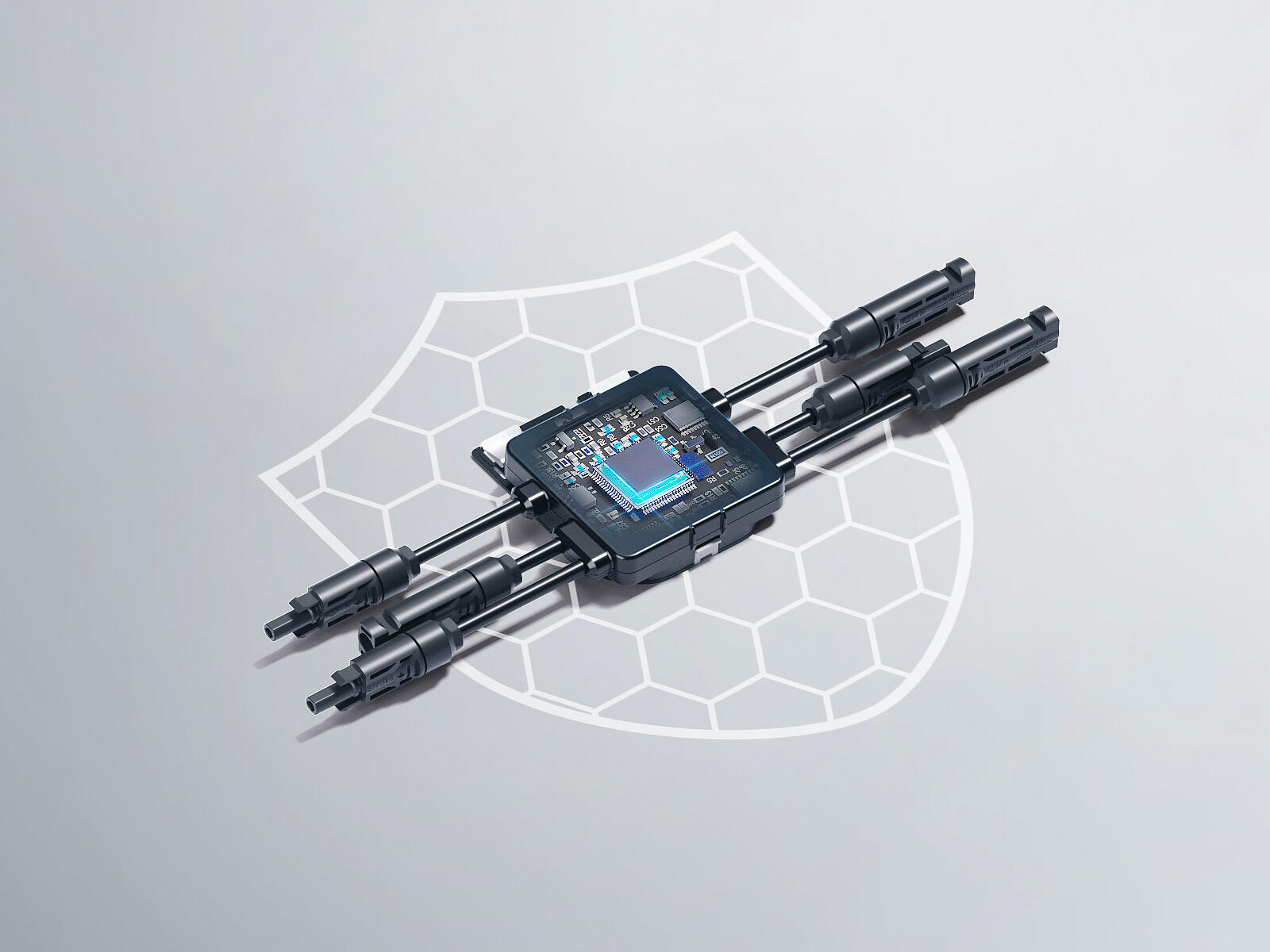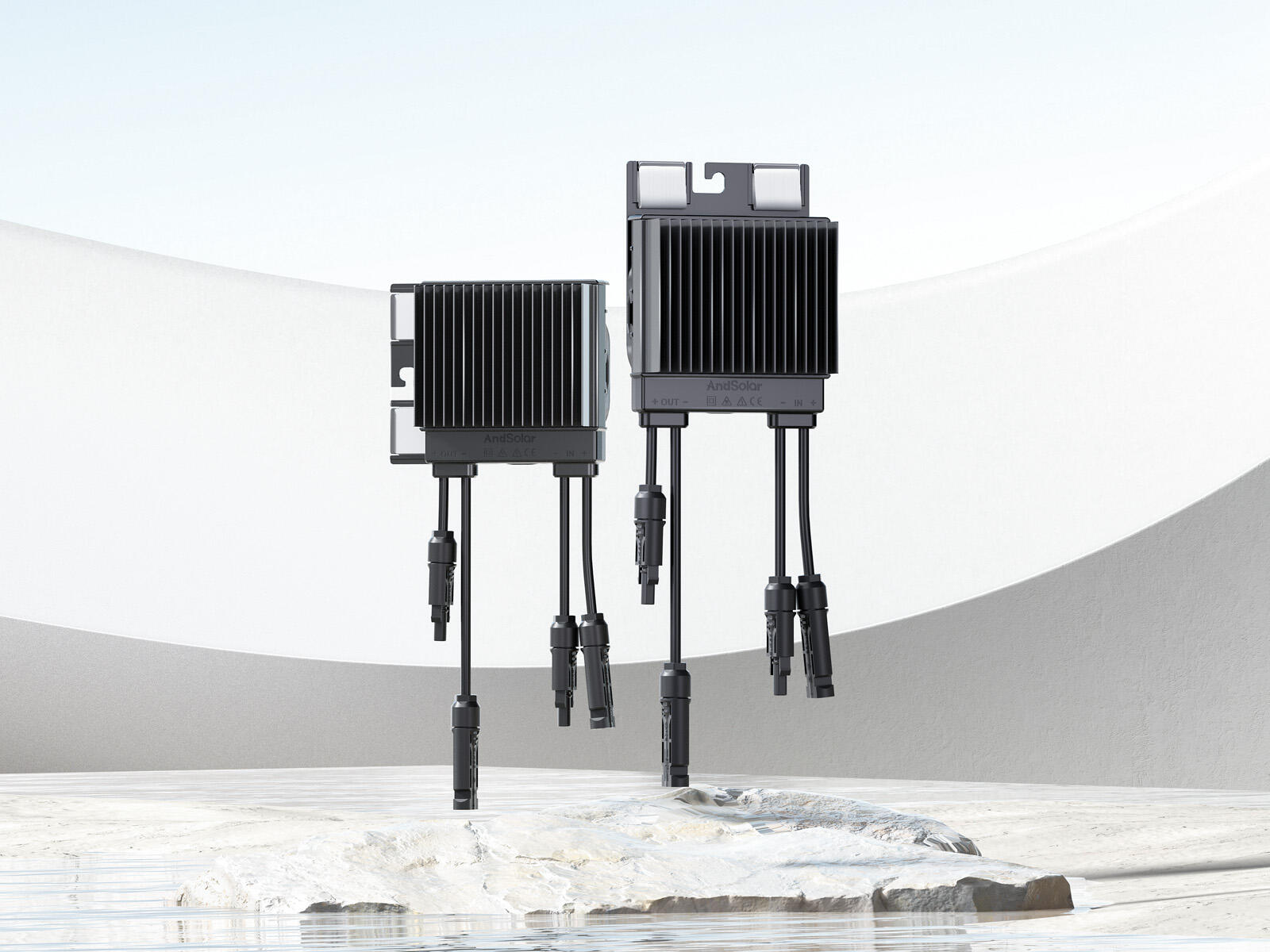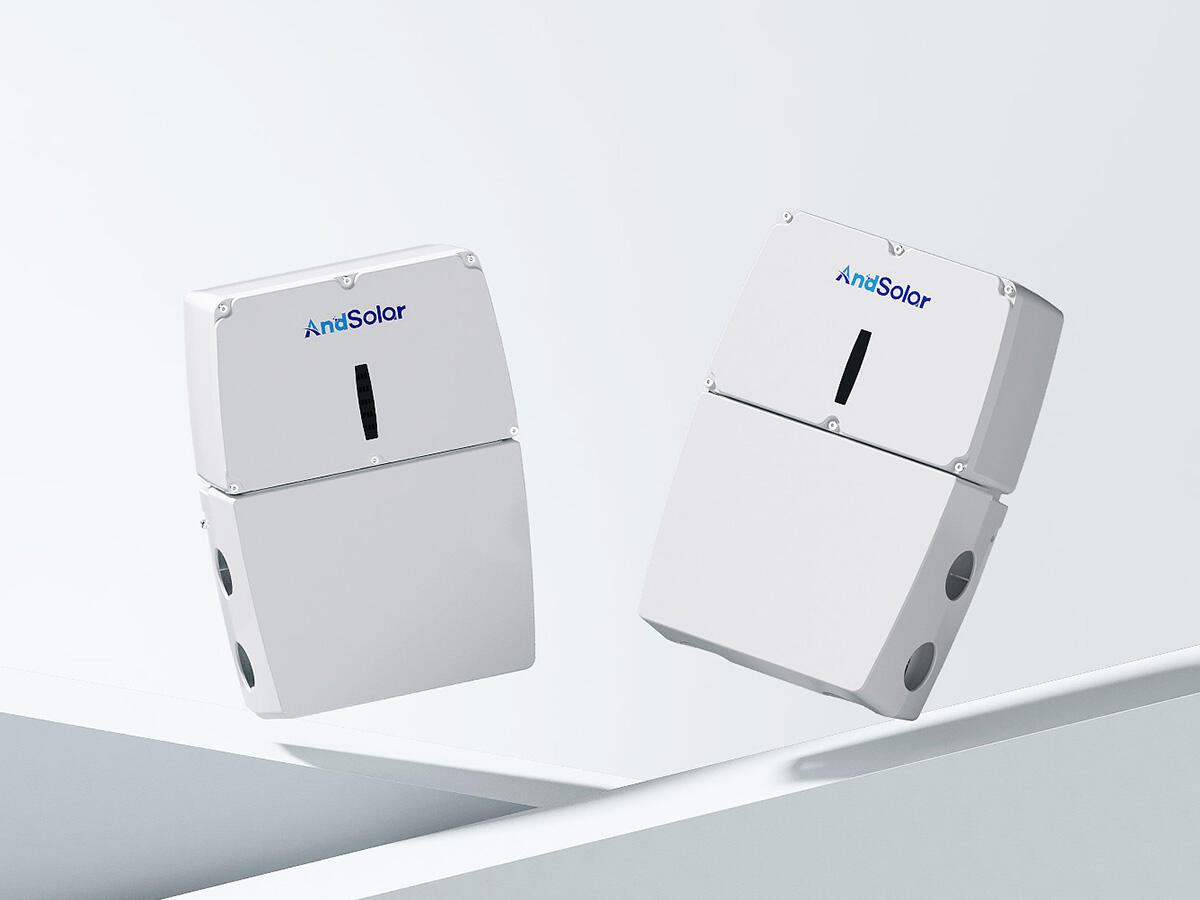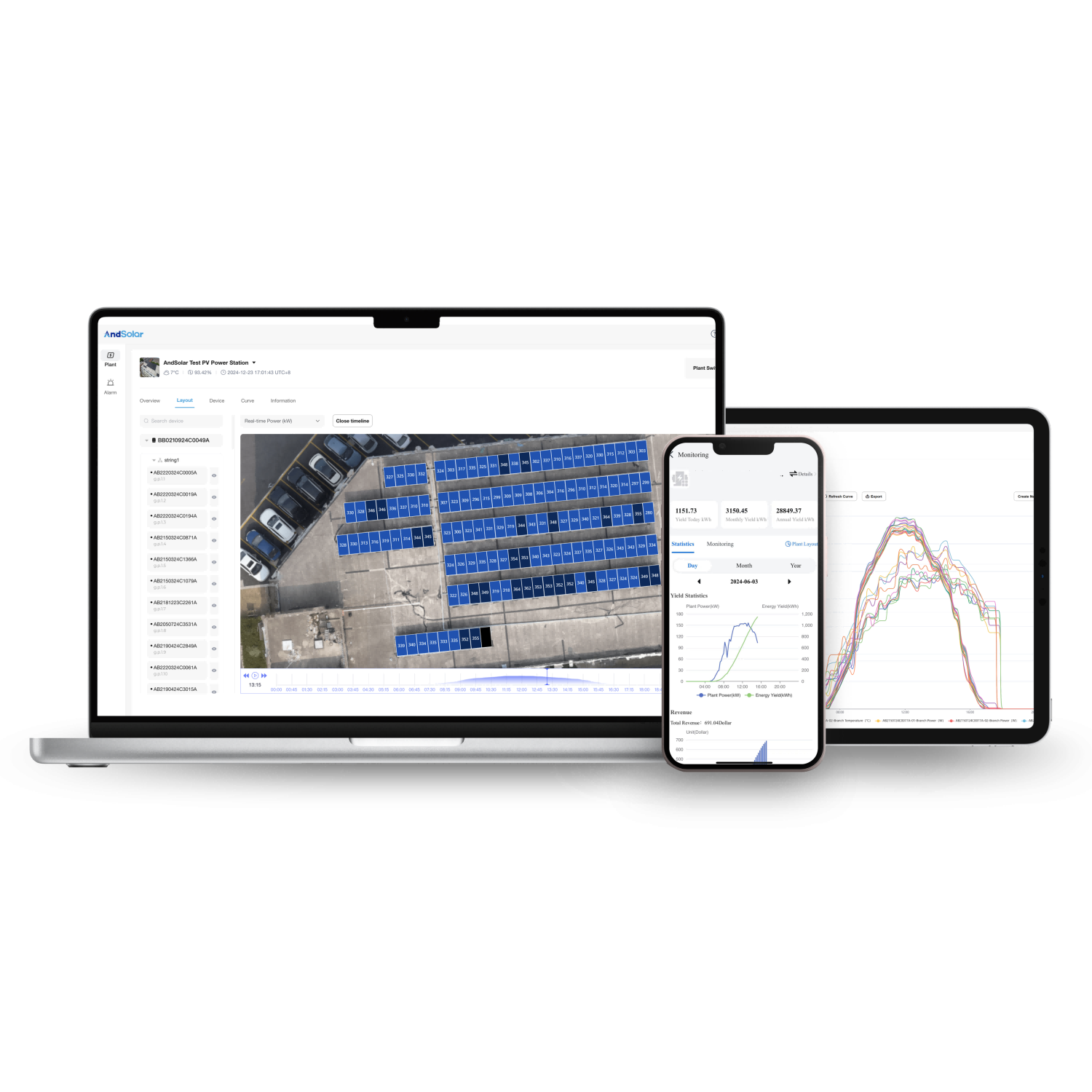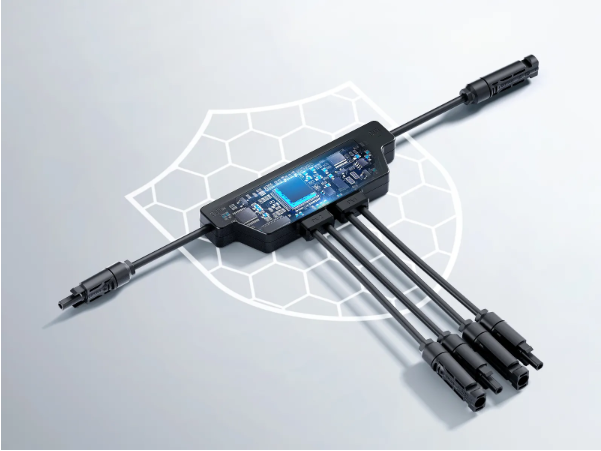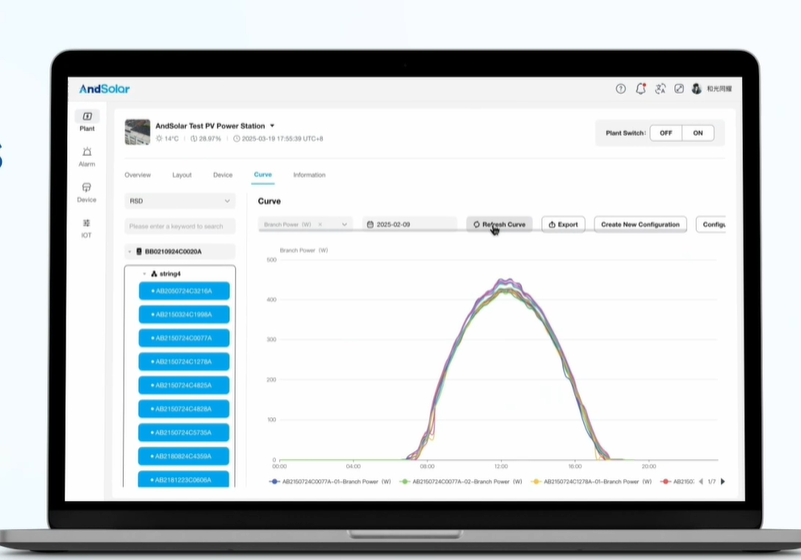Photovoltaic Inverter
A photovoltaic inverter is a crucial component in solar energy systems, serving as the bridge between the DC power produced by solar panels and the AC power used in homes and businesses. Its main function is to convert the direct current (DC) electricity generated by solar cells into alternating current (AC), which is the standard form of electricity used by most appliances and grid systems. Technological features include high conversion efficiency, advanced Maximum Power Point Tracking (MPPT) algorithms, and various safety certifications. These inverters also come with a range of communication and monitoring options that allow users to track energy production. Applications span from residential setups to large-scale solar farms, making renewable energy more accessible and efficient.
